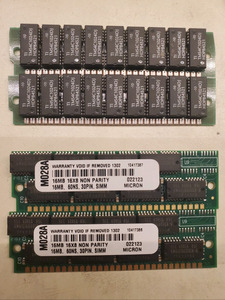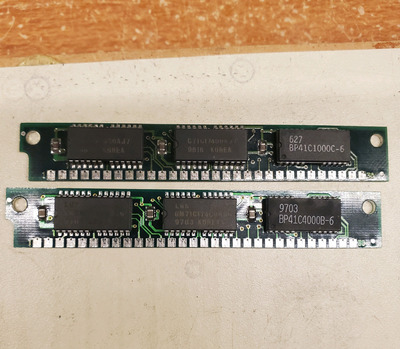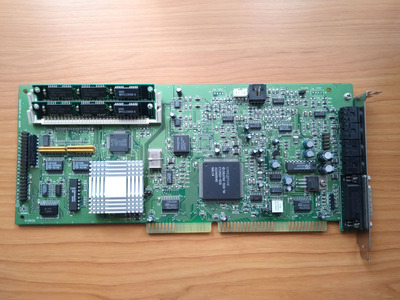First post, by pico1180
Greetings everyone,
Pretty simple "problem" here. If I have memory installed in my CT3600, when I go into DIAGNOSE.EXE the "AWE synthesized music" test plays back heavily choppy and distorted music. If I take the memory out and try again, it's perfect.
I've tried several types of memory and of course ran the memory tests on all configurations and no errors are returned.
The memory slots were replaced, but I am under the impression in issue with the replacement would be detected in the memory test portion of the diagnostics.
Any ideas why AWE synthesized music would be distorted with memory installed but work fine with memory not installed?


